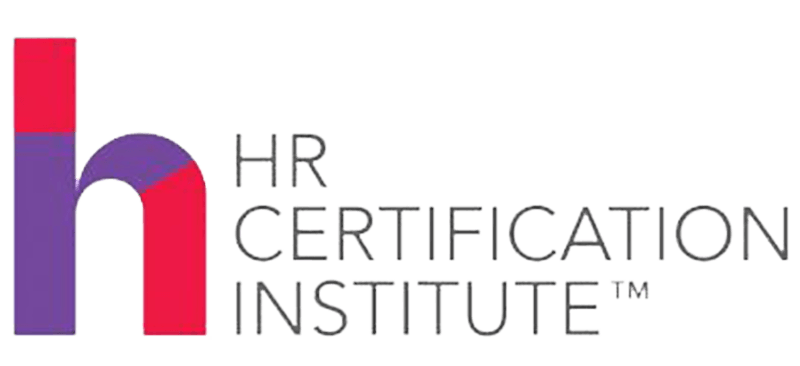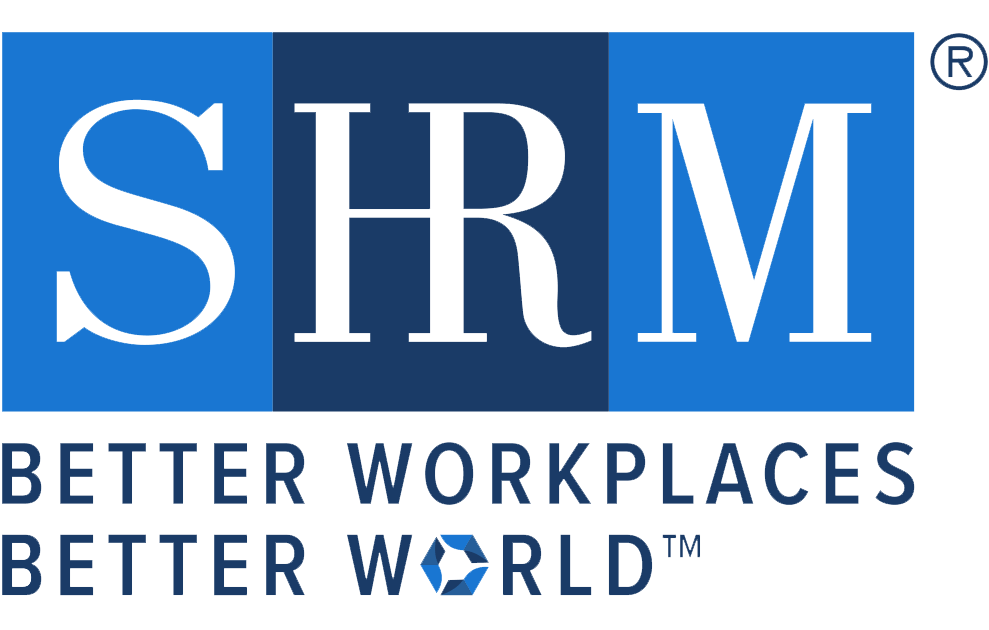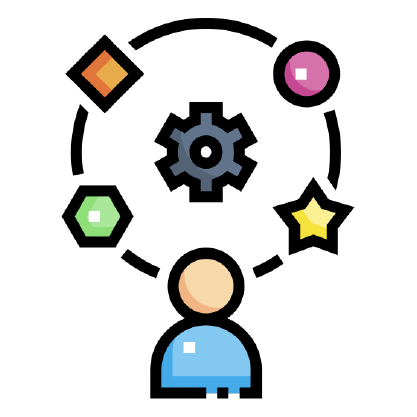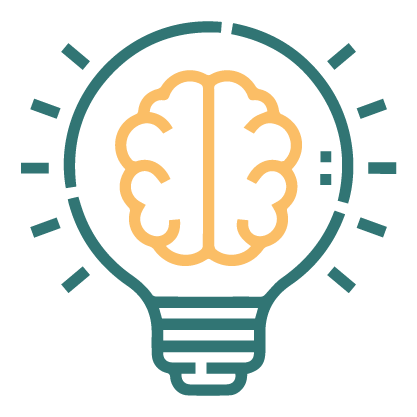Cognitive Ability Test for Employers: Assessment to Hire the Best
As a hiring manager, there’s nothing more deflating than finding the “perfect” candidate amid a sea of resumes, only to learn that their mental skills are a little on the Spongebob side. Sadly, it happens far too often, especially when employers lack the means to test cognitive ability.
Widely recognized as the top predictor of job performance, cognitive ability shows employers how well a new hire can process and apply information. Failing to measure it in candidates is like walking through a midnight forest without a flashlight — you won’t get far before you start tripping and colliding with trees.
With the cognitive ability test below, you’ll predict job performance and make your company more productive and successful. Use this pre-employment cognitive skills assessment to screen and hire the next Jessica Tan.
Use the cognitive skills assessment test below to screen your candidates
or let The Hire Talent do it for you. We’ll screen for an array of job predictors — including cognitive ability, problem solving, communication, and other critical skills — to prequalify your candidates automatically.
What Is a Cognitive Ability Test?
A cognitive ability test is a tool used by recruiting teams to assess a candidate’s mental aptitude for learning, processing, and applying new information. This powerful pre-employment assessment ranks atop the list of tools employers use to find, interview, hire, and onboard winning talent.
Studies show that cognitive ability is among the best — if not the best predictor of on-the-job success. By testing for cognitive skills, you can start building the workforce equivalent of the 2016 Warriors.
Cognitive Skills Assessment
Use this cognitive skills assessment to bring a crystal ball into your hiring process. You can copy and paste these sample test questions with our compliments — complete with answer key — or let The Hire Talent’s prepackaged online test do the heavy lifting for you.
1. A sales rep makes $52.50 per hour with a $100 commission for each deal she closes. She worked 42 hours and closed 6 deals last week. How much did she earn?
- $1,865
- $2,205
- $2,805
- $3,125
- $3,675
Answer: C. 52.50 * 42 = 2,205, and 100 * 6 = 600. Add 2,205 and 600, and you get $2,805. This cognitive ability test question check basic math skills.
2. Which of the following words is unlike the others?
- Revolting
- Egregious
- Appalling
- Relieving
- Atrocious
Answer: D. This cognitive ability question gauges a candidate’s ability to recall language within a test environment.
3. Julie is two years younger than Mary. Henry is four years older than Julie. Which of the following can be deduced?
- Mary is four years old.
- Henry is older than Mary.
- Mary and Henry are the same age.
- Henry is eight years older than Mary.
- Mary is older than Henry.
Answer: B. This question tests various cognitive abilities, including reading comprehension, analytical reasoning, and deductive reasoning.
4. Cat is to animal as shirt is to _____
- Sock
- Mirror
- Hat
- Cologne
- Clothing
Answer: E. Cat is a type of animal, just as a shirt is a type of clothing. This question gauges a candidate’s ability to recall and follow logical parallels.
5. Which of the following best completes the sentence, “He was _____ that his book was released to such a warm reception.”
- Elated
- Eloquent
- Frustrated
- Aspiring
- Adamant
Answer: A. Unless the man deliberately wanted his book to fail, he was “elated” — a synonym for happy. This cognitive ability test question assesses a candidate’s reading comprehension and ability to recall complex words.
6. Sarah spent the following for dinner this week: $3, $11, $19, $7, $35, $22, $60. Which is the median value of the set?
- $11.00
- $19.00
- $22.00
- $22.43
- $35.00
Answer: B. Reorder the values from smallest to largest, and you get 3, 7, 11, 19, 22, 35, 60. The median is the middle value of the set — or $19.00. This question tests a candidate’s acumen for mathematical reasoning.
7. Charlie was born on March 12, 2005. His mother is 41 years old. If Charlie just turned 13, and his mother was born on Christmas, what’s his mother’s birthday?
- December 25, 1975
- December 25, 1976
- December 25, 1977
- December 25, 1978
- Not enough information
Answer: C. 2005 + 13 = 2018, and 2018 - 41 = 1977. However, Charlie and his mother’s birthdays are four months apart, so his mother was born the year prior, 1976.
8. A rectangular studio apartment has a listed floor space of 1,200 square feet. If one wall is 50 feet long, how long are the other three walls?
- 15, 80, and 15
- 18, 60, and 18
- 20, 50, and 20
- 24, 50, and 24
- 28, 50, and 28
Answer: D. 1,200 / 50 = 24. Since the apartment is rectangular, two walls must be 50 feet long, while the other two must be 24 feet long.
9. Which of the following word pairings are synonyms?
- Astounding / Unexceptional
- Circumvent / Endorse
- Aloof / Detached
- Lauded / Condemned
- None of the above are synonyms
Answer: C. This cognitive ability test question assesses a candidate’s general vocabulary, as well as their ability to recognize pairings and recall definitions.
10. Which of the following numbers completes the following sequence: 12, 14, 11, 15, 10...
- 8
- 9
- 12
- 16
- 20
Answer: D. The numbers in odd positions are decreasing by one, while the numbers in even positions are increasing by one. 12, 11, 10, vs. 14, 15, 16.
How to Test Applicants for Cognitive Skills

If you make candidates sit through an endless cognitive ability test, don’t be surprised if they flock to Reddit to publicly ridicule you, your team, and your company. Avoid that scenario by keeping the following best practices top of mind whenever you facilitate a cognitive skills quiz.
1. Ensure your cognitive skills questions and answers are reliable.
Of all the pre-hire traits hiring managers measure in candidates, cognitive ability is one of the trickiest to assess correctly. It may be the leading indicator of on-the-job success, but it also has a history of adverse impact. So, it’s critical to use assessments like The Hire Talent’s — designed to be reliable and valid. This slashes the risk of bias and increases the odds of making diverse and inclusive hires.
In fact, pre-interview testing even reduces bias from the normal hiring process, by creating a ranking for your candidates before your team even meets them.
2. Provide a seamless, pain-free test environment.
No candidate wants to take a challenging test, only to get frustrated by the software they’re using to take it. It’s incumbent on you, the employer, to create a test environment that’s as straightforward and user-friendly as possible. Invest in your technology and make sure it’s up to snuff with the competition. Otherwise, those candidates you worked so hard to recruit will take their talents elsewhere.
3. Make candidate data security a top priority.
Another common friction point for candidates is data security. If they feel their data isn’t confidential — or, worse, is being actively mishandled — it could lead to an early exit, or even a potential lawsuit. Protect your candidates, and your organization, by beefing up your security measures. An additional server or IT manager goes a long way in keeping candidate data safe. (When you test with The Hire Talent, this is handled for you.)
4. Use a consistent method to score your candidates.
Cognitive ability tests place a heavy emphasis on analytical questions with clear black-or-white answers. So, it’s important to make sure you adhere to those answers and score candidates consistently. Use an answer key like the one provided above to ensure you’re giving all applicants the fair assessment they deserve. Not only does this reduce bias, but it helps you pinpoint the right candidate for your needs.
How We Created this Cognitive Ability Test

By using a simple, online, science-backed cognitive ability test, you’ll scale up your hiring process, reduce time to hire, and save both time and money. With a proven test like The Hire Talent’s, you'll attract top talent and develop an employer brand as sterling as Salesforce and Wayfair.
This cognitive ability test was developed to ensure a variety of validity measures. Questions were written, then administered to a large sample pool. The results underwent statistical analyses, used to refine the questions further. The result was a cognitive ability test designed to attract top talent and reduce the risk of bias.
Benefits of Online Cognitive Ability Testing
Online cognitive ability testing gives you a powerful way to look under the hood of each resume and see how a candidate will perform. Here are some of the ways cognitive ability testing can level up your hiring practice:
- Screen out unqualified candidates: When a candidate doesn’t fit within the cognitive range you’ve set for a role, you can instead choose someone who does pass muster.
- Identify high performers: Use cognitive ability testing to pick out high-potential candidates and supercharge your team from day one.
- Use for a range of jobs: Many jobs benefit from a certain level of cognitive ability. Whether you’re hiring a customer service person or a CFO, a cognitive skills test can make sure you do it better.
- Remove bias: In conjunction with other pre-employment assessments, a cognitive ability test can help you make fairer, more objective hires.
- Predict job performance: Cognitive ability is widely accepted as one of the best — if not the best — predictor of on-the-job performance.
- Inexpensive: A cognitive ability skills test is lightweight and low-cost, making it a great option when you have a tight hiring budget.
- Easy to administer, take, and see results: Assessments are both easy to implement and easy to administer, letting you scale your hiring efforts quickly.
- Decrease time to hire: By leveraging objective data, you can spend less time wading through resumes and more time onboarding and training your newest hire.
- Increase retention: Job fit is an essential driver of engagement — and, by extension, employee retention.
- Lower hiring costs: By finding the right cognitive fit for a role, you’ll cut down on potential mishires — and the hefty cost associated with those hiring decisions.
Why Are Cognitive Skills Important in the Workplace?

Cognitive skills are important because they allow employees to regularly learn, process, and adapt to new information. When employees lack the proper cognitive ability for a job — say, a stock trader role requiring statistical analysis — they won’t be able to keep up with the day-to-day hustle and bustle.
In other words, when there’s a mismatch between the needs of the job and the abilities of the worker, you’re setting that worker up for failure. It’s better to find the right cognitive fit right from the jump, starting with a strong, proven set of pre-employment assessment tools.
What Roles Need Cognitive Ability Testing?
Nearly every job title requires some form of cognitive skills. After all, a job is a “job” for a reason — it requires your brain to go to work. That said, some roles have a higher cognitive need than others. (You wouldn’t want Bill and Ted designing a nuclear power plant.)
Here are a few job roles that benefit particularly well from cognitive ability testing:
-
- Accountant
- Analyst
- Architect
- Biologist
- Chemist
- Engineer
- Financial Planner
- Healthcare Professional
- IT Specialist
- Lawyer
- Mathematician
- Office Manager
- Physician
- Physicist
- Stock Broker
- SMART PEOPLE WIN
Summary
Cognitive ability is an incredible indicator of on-the-job success, and a cognitive ability skills test is a powerful way to assess that in your candidates. Yet, with great power comes great responsibility. To avoid adverse impact, your best bet is to leverage tools with a history of reliability.






